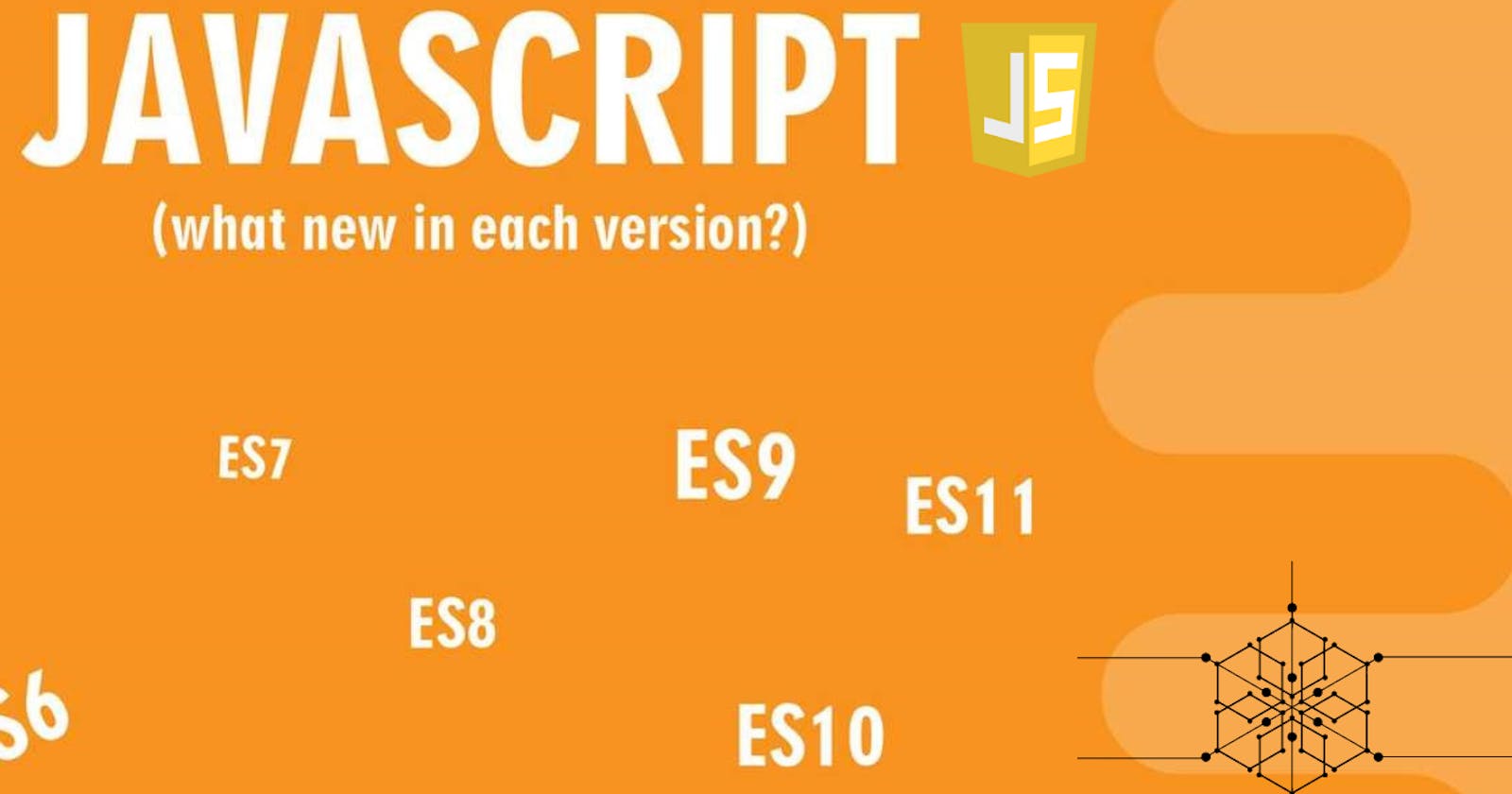Table of contents
Here are the features introduced in ES10 and ES11 :
ECMAScript 2019 (ES10):
1. Array.prototype.flat(): Flattens nested arrays to a specified depth.
const nestedArray = [1, [2, [3, [4]]]];
const flattenedArray = nestedArray.flat(2);
console.log(flattenedArray); // Output: [1, 2, 3, [4]]
2. Array.prototype.flatMap(): Maps and flattens array elements.
const arr = [1, 2, 3];
const mappedAndFlattened = arr.flatMap(x => [x * 2]);
console.log(mappedAndFlattened); // Output: [2, 4, 6]
3. String.prototype.trimStart(): Removes leading whitespace from a string.
const str = " Hello, world! ";
const trimmedStr = str.trimStart();
console.log(trimmedStr); // Output: "Hello, world! "
4. String.prototype.trimEnd(): Removes trailing whitespace from a string.
const str = " Hello, world! ";
const trimmedStr = str.trimEnd();
console.log(trimmedStr); // Output: " Hello, world!"
5. Function.prototype.toString(): Allows access to function source code.
function greet() {
return "Hello!";
}
const greetSource = greet.toString();
console.log(greetSource); // Output: "function greet() { return \"Hello!\"; }"
6. Object.fromEntries(): Creates an object from key-value pairs.
const entries = [['a', 1], ['b', 2]];
const obj = Object.fromEntries(entries);
console.log(obj); // Output: { a: 1, b: 2 }
7. Symbol.prototype.description: Provides a description for symbols.
const mySymbol = Symbol('My Symbol');
console.log(mySymbol.description); // Output: "My Symbol"
8. try...catch with optional binding: Simplified error handling with optional catch parameter.
try {
throw new Error('Oops!');
} catch {
console.log('Error caught!');
}
// Output: "Error caught!"
ECMAScript 2020 (ES11):
1. BigInt: Data type for arbitrary precision integers.
const bigIntValue = 9007199254740991n;
console.log(bigIntValue); // Output: 9007199254740991n
2. Optional Chaining: Simplifies accessing nested properties.
const user = {
name: 'John',
address: {
city: 'New York'
}
};
const city = user.address?.city;
console.log(city); // Output: "New York"
3. Nullish Coalescing Operator: Provides a default value for nullish values.
const value1 = null;
const value2 = "Hello, world!";
const result = value1 ?? value2;
console.log(result); // Output: "Hello, world!"
4. Promise.allSettled(): Handles multiple promises, regardless of rejection or fulfillment.
const promises = [
fetch('/data'),
fetch('/users'),
fetch('/settings')
];
Promise.allSettled(promises).then(results => console.log(results));
5. String.prototype.matchAll(): Returns an iterator of all regex matches.
const regex = /\d+/g;
const str = '10 apples and 25 oranges';
const matches = [...str.matchAll(regex)];
console.log(matches);
6. globalThis: A reference to the global this value.
console.log(globalThis === window); // Output: true (in a browser environment)
7. import(): Dynamically imports modules.
const modulePath = './my-module.js';
import(modulePath).then(module => console.log(module));
Please refer to the official ECMAScript website (tc39.es) or the ECMAScript proposal repository (github.com/tc39/proposals).
